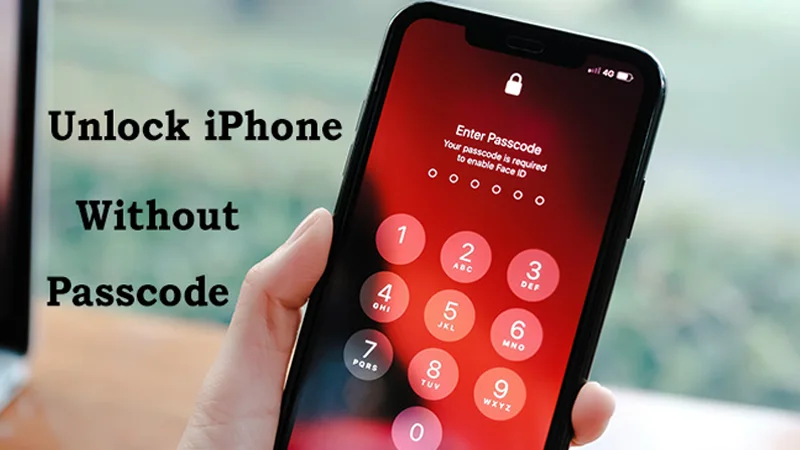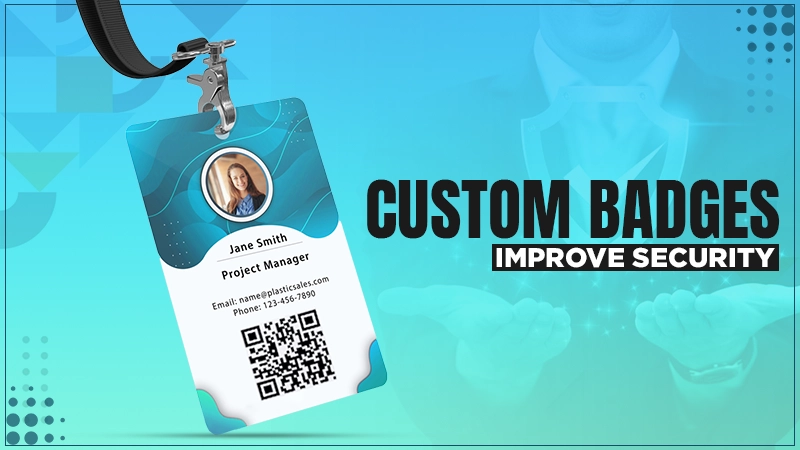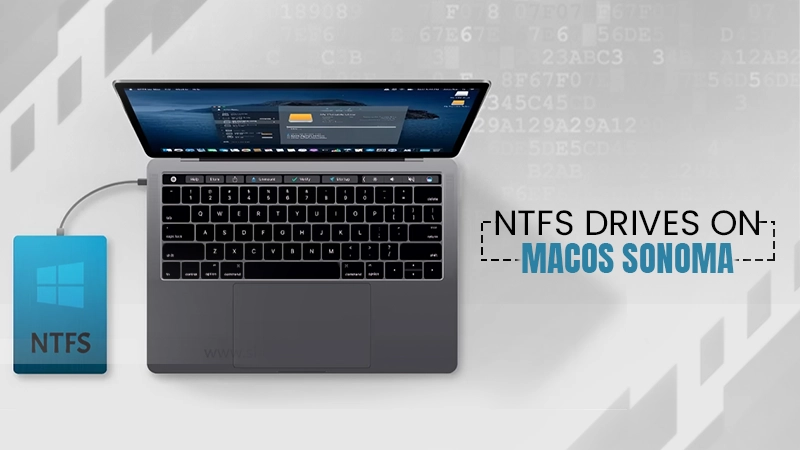How to Deal If There’s an Active Shooter at Your Healthcare Facility

These days, facilities are no strangers to potential acts of violence. Healthcare facilities are not immune to crime either, and more and more shootings are taking place there. Some of these active shooter events are planned while others happen without any warning. Although they’re more likely to take place in areas with high crime rates, the truth is, they can happen anytime and anyplace.
As these happenings are unpredictable and you have no idea how severely devastating, fatal outcomes they can carry with them, therefore, getting prepared for such situations becomes a must. If you are wondering if there is any shooter at the healthcare facility you are currently in, here is the list of measures and actions that you can perform to prevent and manage emergencies.
Know Which Signs to Look For
However, it does not happen very often if there is a troublemaker in the medical facility you are currently in. Still, it is not a bad idea to remain alert and cautious all the time for any warning signs that can tell or make you realize something is wrong.
You can start by noticing the behavior of the people present around you, and keep your eyes on any suspicious behavior and signals. For instance, a potential offender may get nervous when you ask them simple questions. They may also appear violent, quickly lose their temper, and get angry easily.
It is also common for a potential active shooter to show signs of depression, give little attention to their appearance and hygiene, or mention violent incidents that happened in the past. Anything out of the ordinary could signal that an individual may present danger, so stay alert and address any concerns you may have sooner rather than later.
Offer Training to Your Employees
It is a great thing for any medical facility if they manage to control gun violence or any shooting events. But if something is meant to be, it’ll be. There are some cases in which even the world-class security system could not manage to prevent damage. Under this type of circumstance, a rapid, efficient, and effective response is the most crucial.
Training such as an ALICE drill has been designed specifically to address emergencies involving active shooters. Their goal is to help minimize risks of harm and save lives by helping those affected by the incident respond to the crisis quickly and effectively. By offering training that focuses on emergency preparedness, the owners of healthcare facilities can ensure adequate response and help save as many lives as possible.
Create a Plan of Action
Preparing for hypothetical gun violence alone is not enough. You also need to prepare your mind for that situation in which you will encounter a real-life offender. A plan of action will help you to tackle those unpredictable events as it gives you a sense of preparedness.
You need to understand that in most of the shooting events, the program only lasts for around 15 minutes. Which means you need to be highly prepared to tackle them. An emergency plan or any kind of code will help you to notify others about the situation.
Even after the end of the event, you must manage to communicate with others. Once you know all the details of the event that just happened, you will also manage to figure out the way out of there. Find a place that can accommodate you all in case you need to hide somewhere.
Make Law Enforcement a Part of Your Plans
Last, but not least, it’s always a wise move to get law enforcement involved ahead of time. Don’t wait for an active shooter event to occur at your healthcare facility to work with local law enforcement. Instead, make them a part of your plans from the get-go.
Go over the plan you have in place for your organization, and discuss how you can assist them. They also ought to know where your Incident Command center is, as well as what the building is like so that they can move about with ease. Law enforcement officers also need to know which individual from your organization they can get in contact with, and your employees need to know how to contact local law enforcement professionals in case of emergency.
Wrapping Up
Experiencing an active shooter event at a healthcare facility can be rather traumatic. Still, a quick and adequate response is paramount, and preparedness is key to preventing critical situations from escalating. Keep these tips in mind as you prepare your facility and staff for a potential active shooter event, and you’ll increase your chances of mitigating harm and ensuring the best possible outcome.















